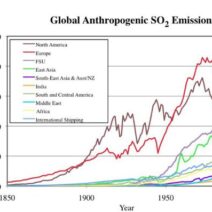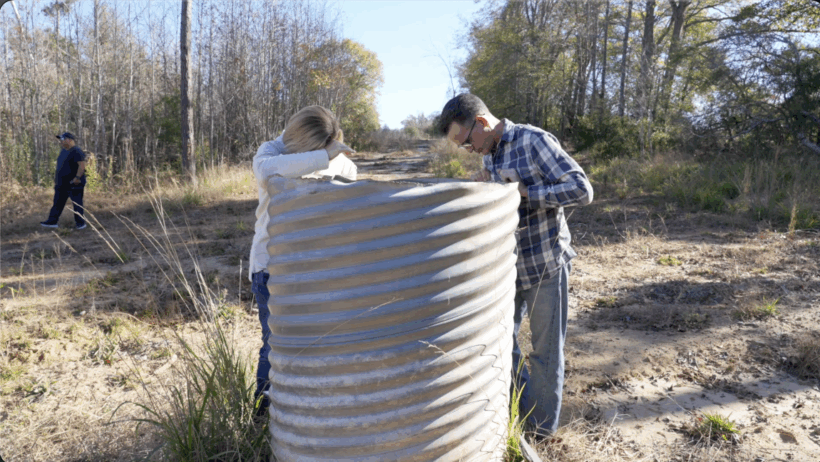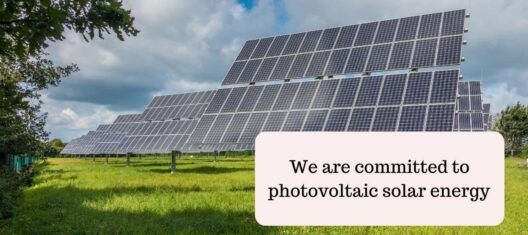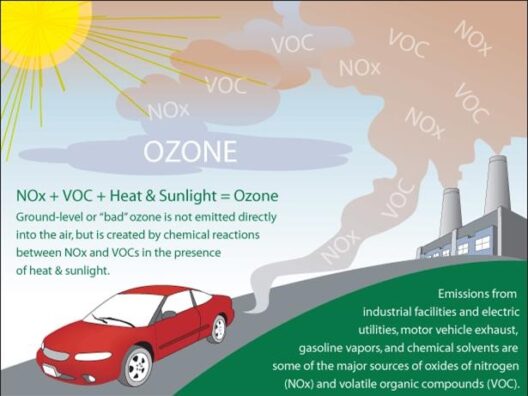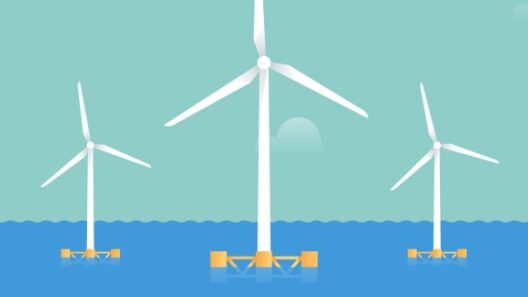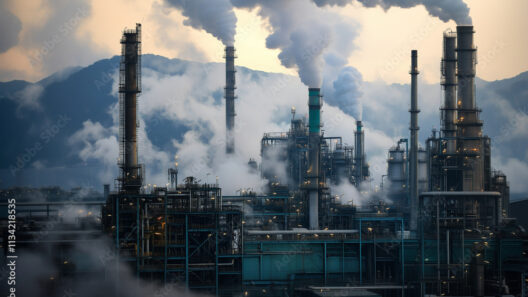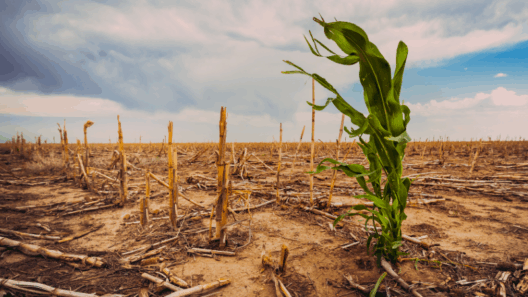The transport of energy resources has become a crucial component in the story of contemporary climate change, illustrating how our modern economies are intimately tied to environmental degradation. The term “Pipeline Peril” epitomizes the risks associated with the infrastructure designed to move fossil fuels, highlighting both the immediate and long-term consequences for our planet. As vital conduits for oil and natural gas, pipelines, while necessary for energy distribution, pose profound threats to the environment, human health, and the climate. This examination delves deep into the complexities and ramifications of energy transport through pipelines, evoking a curiosity that deserves both contemplation and action.
To fully understand the precarious relationship between pipeline infrastructure and climate consequences, one must first grasp the basic mechanisms involved in energy transport. Pipelines serve as arteries, facilitating the flow of fossil fuels from extraction sites to consumption destinations. In regions such as North America, these pipelines crisscross vast landscapes, often traversing ecologically sensitive areas. The operational lifespan of a pipeline can span several decades, during which time leaks, spills, and ruptures pose significant risks to local ecosystems and communities.
But why does society remain so fascinated by the infrastructure of energy transport? One prominent reason is the intersection of human necessity and ecological vulnerability. The allure of convenience and energy accessibility can oftentimes overshadow the potential hazards associated with fossil fuel pipelines. This dichotomy creates a normalization of risk; communities that benefit from economic opportunities often overlook the latent dangers. Understanding this dynamic unravels the deeper implications of our energy choices and encourages a critical examination of the environmental costs involved.
One significant environmental cost arises from pipeline leaks—an occurrence more frequent than one might expect. When pipelines rupture or leak, the aftermath can be devastating. Contaminants can infiltrate soil and groundwater, threatening drinking water supplies and harming terrestrial ecosystems. The 2010 Kalamazoo River oil spill is a glaring exemplar of such consequences, where over a million gallons of crude oil were released into the environment. The cleanup, which involves extensive remediation efforts, can take years or even decades, dwarfing the initial cost of pipeline construction and operation.
Such spills are not isolated incidents; they serve as stark reminders of the fragility inherent in fossil fuel transportation. Likewise, the environmental footprint of pipeline construction itself is substantial. Land clearing, vegetation removal, and construction activities disrupt habitats and threaten biodiversity. Fragmented ecosystems struggle to recover, leading to the exacerbation of climate change effects. As these ecosystems become less resilient, their ability to sequester carbon diminishes, further amplifying the cycle of greenhouse gas emissions.
The carbon emissions associated with energy transport extend beyond localized pollution from spills and leaks. The entirety of the energy supply chain must be considered. Extraction, refinement, and transportation all contribute to a substantial carbon footprint. For instance, when fossil fuels are burned for energy, they release significant quantities of carbon dioxide, a primary greenhouse gas. The cumulative effect of these emissions intensifies climate change, leading to increased frequency and severity of environmental phenomena such as extreme weather events, rising sea levels, and habitat loss.
Another critical aspect that deserves attention is the socio-political landscape surrounding energy transport. Public opposition to new pipeline projects often arises from a growing awareness of these environmental threats, coupled with a desire for a sustainable energy future. Advocacy groups and environmental organizations mobilize communities, striving to resist infrastructure that perpetuates carbon dependency. The power dynamics between corporations, regulators, and local stakeholders add another layer of complexity to the narrative, often revealing tensions between economic interests and environmental stewardship.
The fascination with pipelines can also be understood in the context of innovation and its implications for climate change mitigation. Pipelines serve as a tangible representation of humanity’s energy demands; they reflect our quest for progress and the reliance on fossil fuels. However, the urgency of climate change necessitates a pivot towards renewable energy sources. Innovations in energy transport technology, including the implementation of stricter safety regulations and the exploration of alternative transport methods such as electric grids or hydrogen pipelines, are pivotal for a future less reliant on fossil fuels.
In navigating the crossroads of energy transport and climate change, the principles of sustainable development emerge as guiding tenets. The urgency for climate action catalyzes the need to scrutinize existing pipeline networks and demand accountability for their environmental costs. Transitioning to renewable energy systems that prioritize sustainability over mere economic gain becomes imperative. Embracing solar, wind, and hydropower not only mitigates our reliance on fossil fuels but also diminishes the necessity for extensive pipeline infrastructures.
The implications of energy transport are multi-faceted: they evoke profound socio-economic dialogues, challenge environmental ethics, and raise critical questions about the future of energy systems. Society must confront the uncomfortable truths surrounding the climate costs of fossil fuel transport, complicating the narratives of convenience and progress. The challenge lies in reconciling our energy needs with our responsibility to protect the planet. A concerted effort to rethink our energy transport systems and to invest in sustainable technologies will pave the way for a more resilient and equitable future, steering clear of the peril that pipelines inevitably bring.


